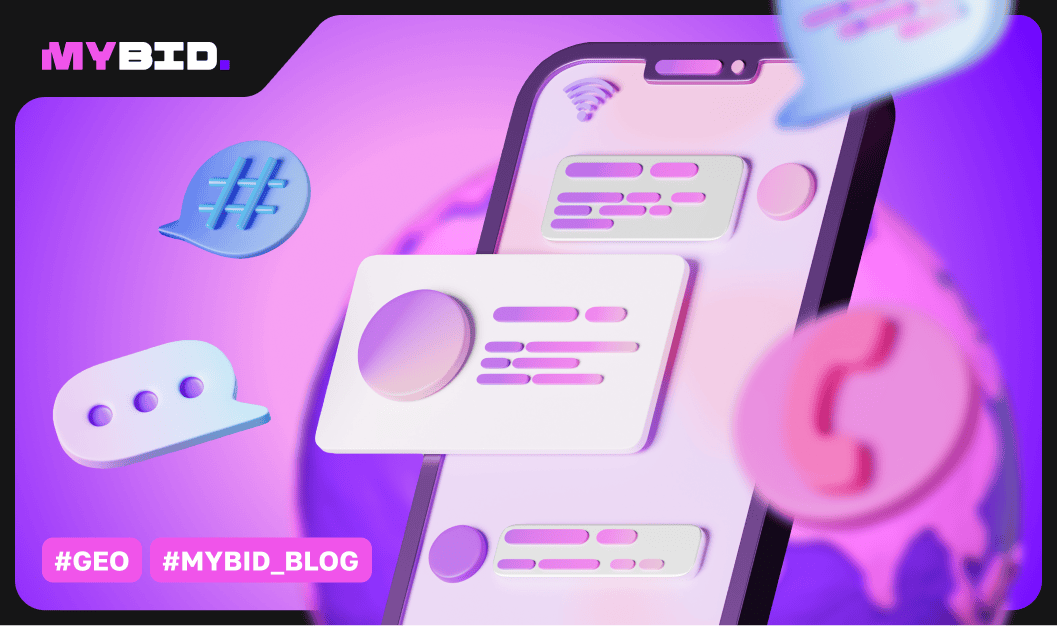
The number of smartphones in use around the world continues to grow each year. Experts predict that by 2027, there will be around 7.69 billion mobile devices globally.
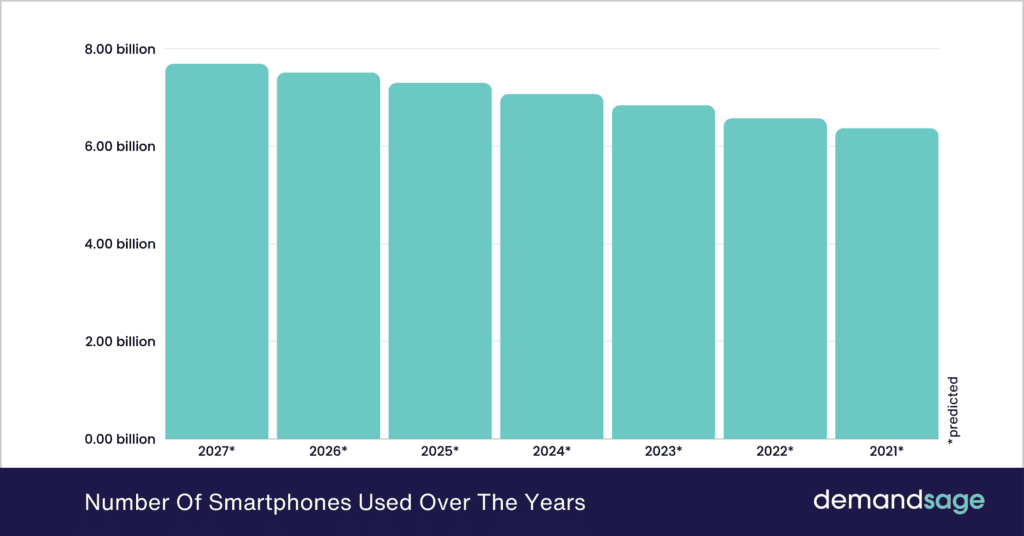
Today, about 5.35 billion people are using smartphones. This means roughly 68% of the world's population can be targeted with mobile app offers and advertising.
In this article, we're going to focus on one specific offer category – utility apps. We'll cover the best traffic sources to use, the types of utility app offers that are most relevant, and strategies for how to profitably promote them.
According to internal data from the MyBid advertising network, push notifications and In-Page Push notifications work really well for promoting utility apps. Here's why these traffic sources tend to perform well:
Our managers have identified three reasons why promoting utilities in 2024 is profitable:
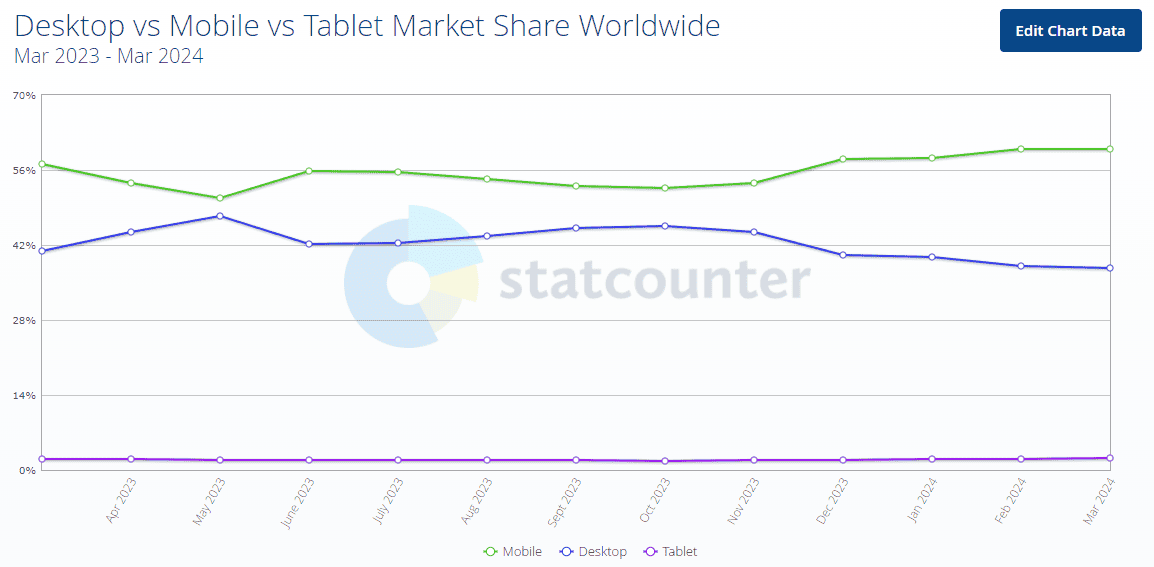
According to statistics, two platforms are leading in the world: iOS and Android. Therefore, we will consider popular geos and approaches specifically for them.
If we look at global statistics, there are more Android users than Apple users.
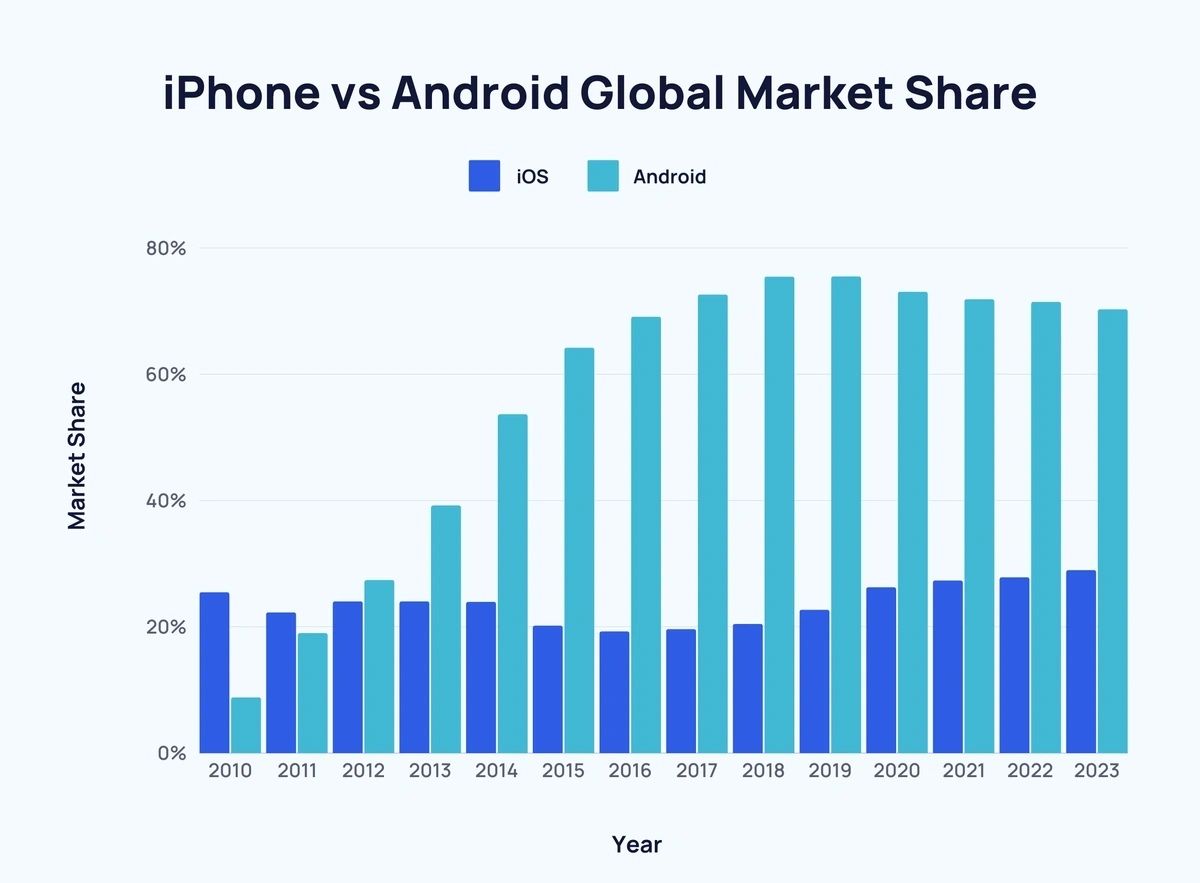
But the ratio varies in different countries. For example, in the US, the number of users for both platforms is pretty close.
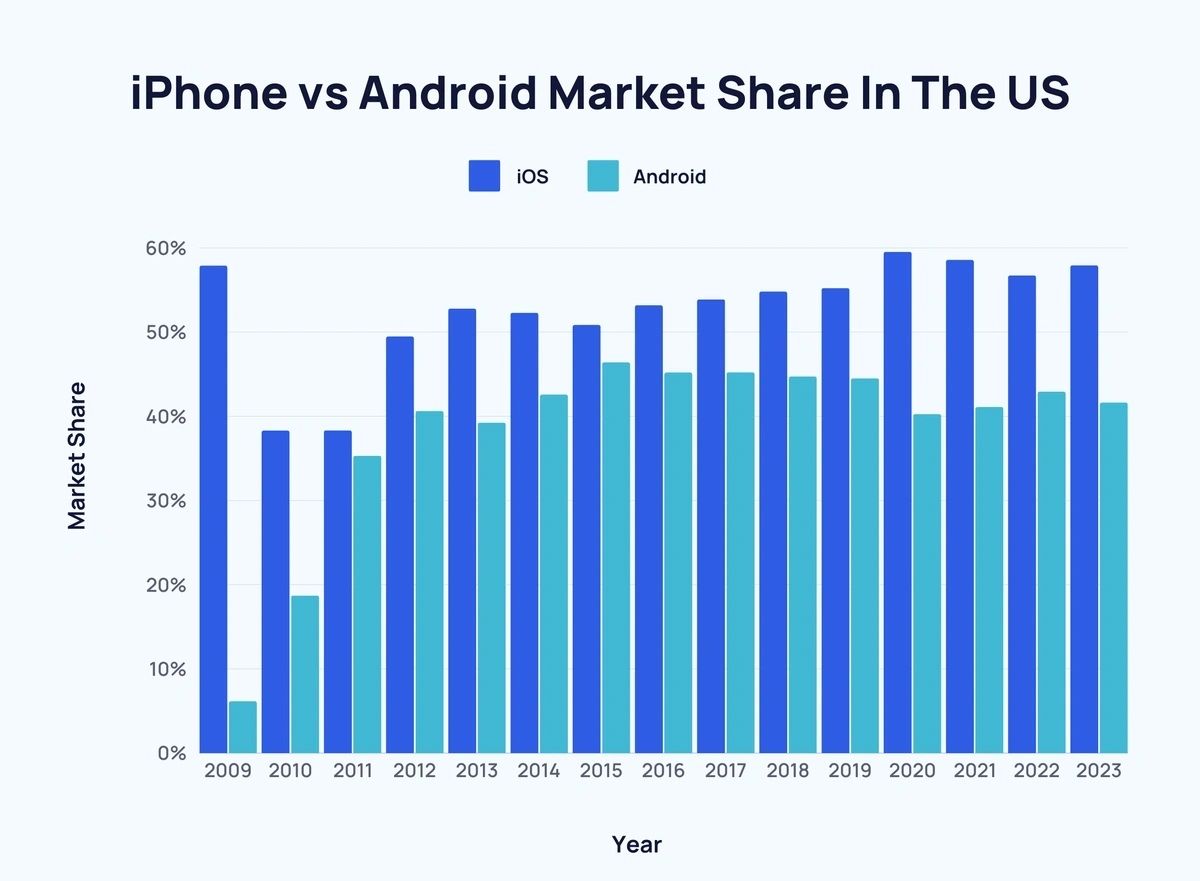
There are also more highly-rated apps available on the Android app store (Google Play).
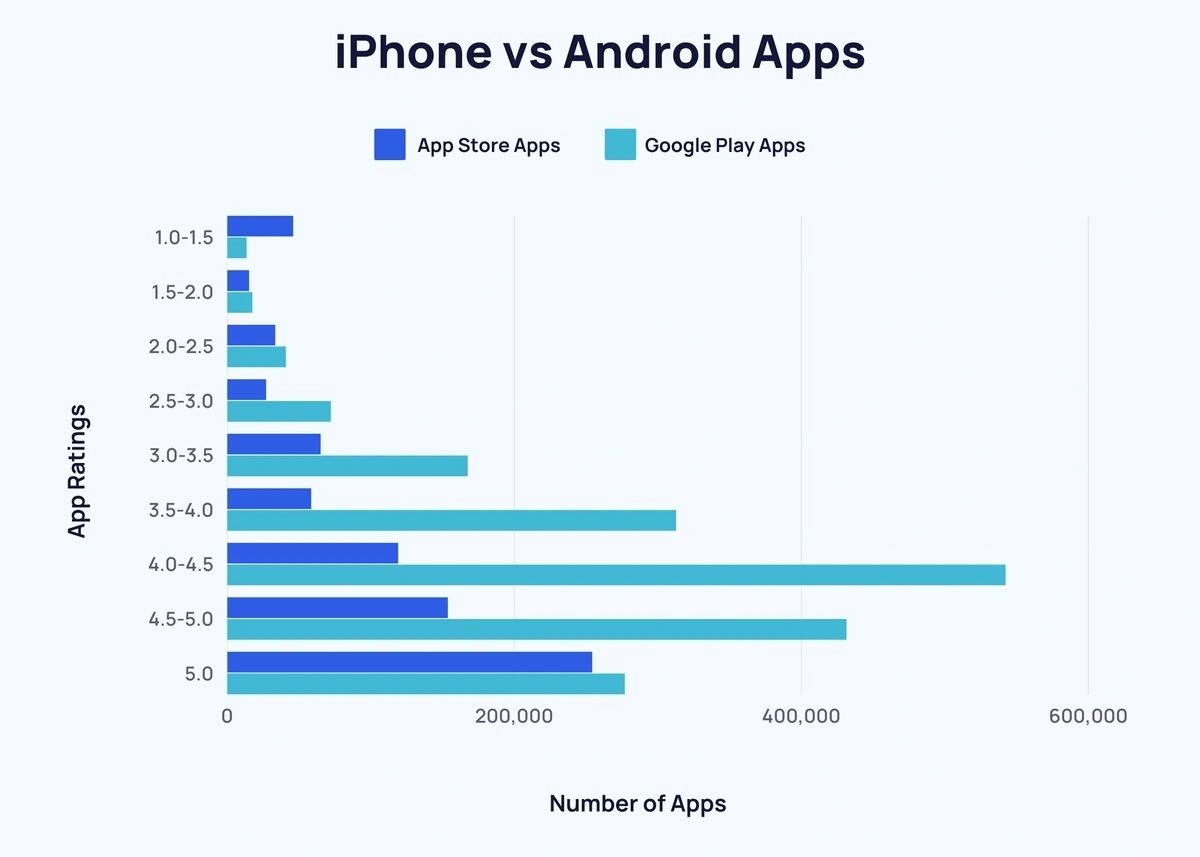
We've identified three categories of Android offers that are consistently popular: device cleaners, VPNs, and ad blockers.
Smartphones are getting more expensive each year due to inflation, especially high-quality branded Android phones. This has led to more companies making cheaper copies of popular smartphone models. But these cheaper phones can be slower than the originals.
Users of these budget Android devices are looking for apps that can speed up their phones.
Geo: All geos in the world apply to these offers. At first, it's recommended to focus on Tier-3 countries, where not everyone can afford the branded Android products.
Promotional approaches: Depending on the advertiser, there are two options to promote the offer – an aggressive approach or a less aggressive one.
In the aggressive approach, the affiliate indicates possible viruses, the phone will stop working, or other threats. This forces the user to click on the ad, but not every advertiser will appreciate this tactic.
In the less aggressive approach, the affiliate simply suggests the promoted utility can easily improve the device's performance. The conversion rate of this type of advertising is lower, but advertisers tend to prefer this approach over the aggressive one.
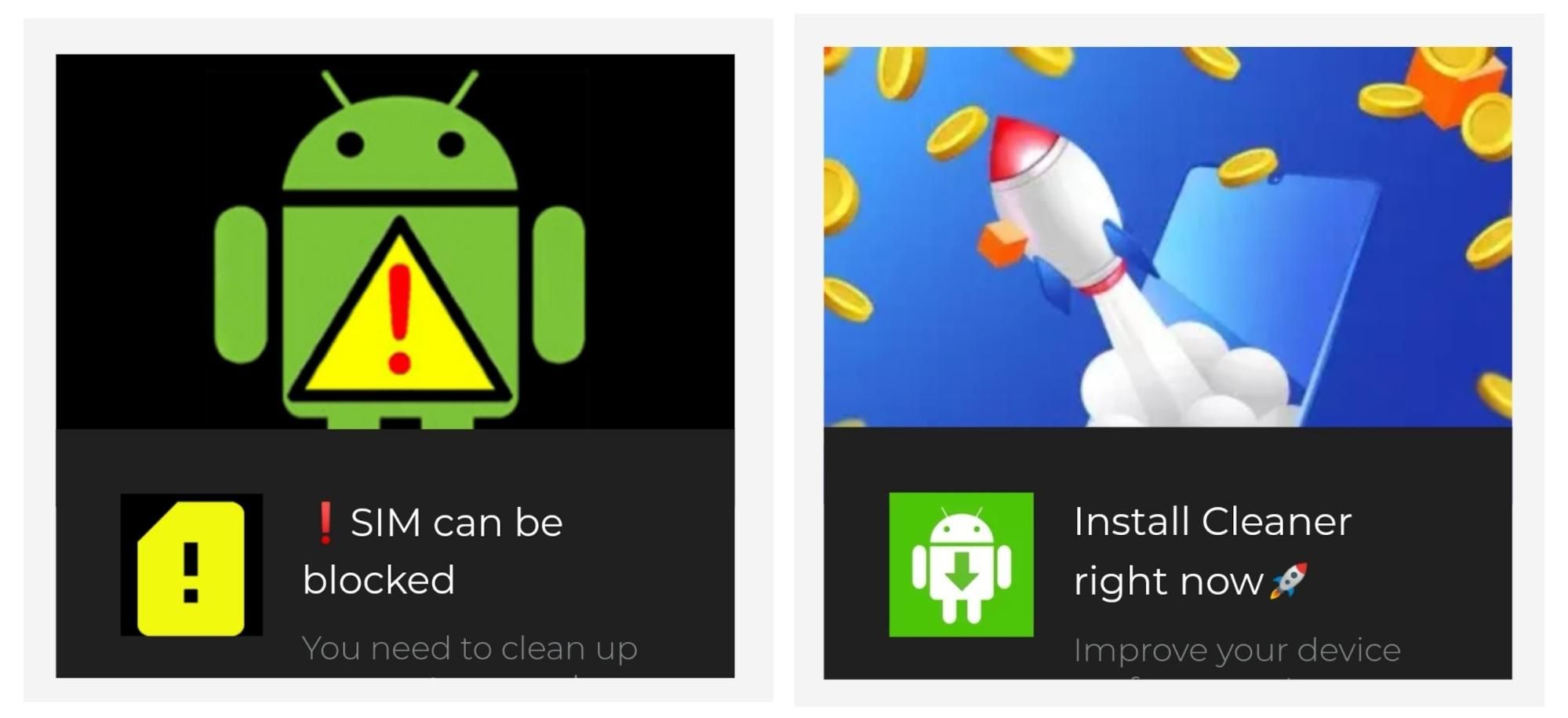
VPN offers are popular because they help people bypass internet blocks and restrictions. This is especially true in countries with a lot of government censorship.
Geos: China, Indonesia, and India.
In China, almost all the major global social media platforms are banned – Instagram, Facebook, YouTube, Google services, WhatsApp, Telegram, Reddit, and more. China ranks 5th globally in Google searches for a good VPN.
In India and Indonesia, over 85% of the population uses smartphones. These geos also show a good percentage of VPN usage.
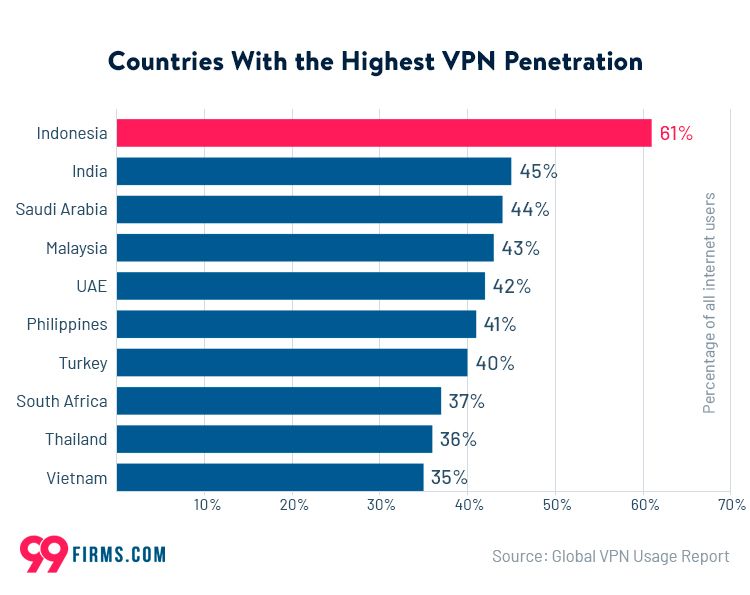
Promotional approaches:
For China, creatives that offer access to prohibited websites tend to work well.
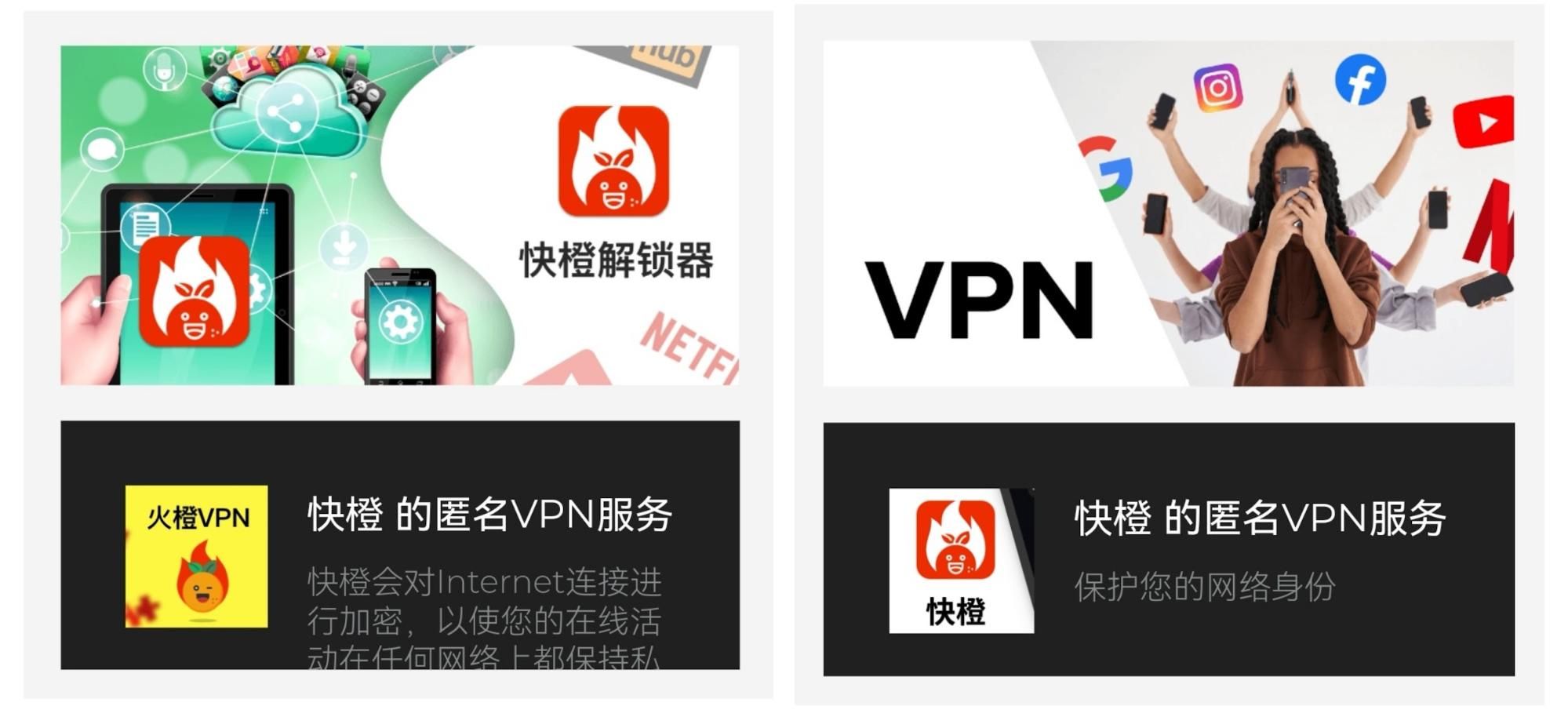
In other geos, ads that focus on solving a specific problem (like slow internet speeds) or honestly promote the benefits of the VPN service tend to perform better.
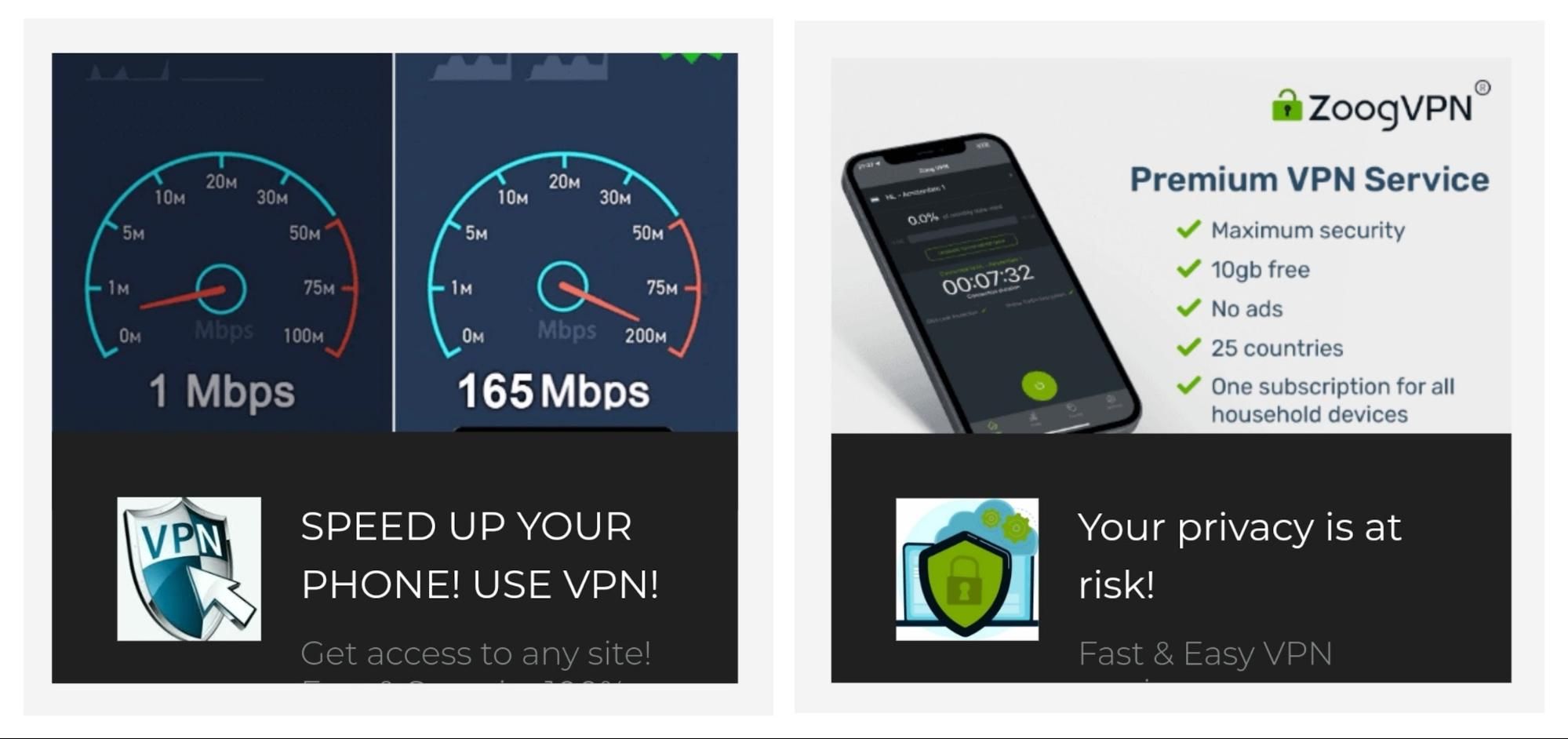
People see advertisements everywhere these days – on websites, in search engines, and even inside mobile apps. Many people get fed up with all the ads and start using ad-blocking tools, which smart affiliate marketers can promote quite well.
Geos: The best geos to target are Tier-1 and Tier-2 countries. Many affiliate marketers focus on these more developed regions because the payouts are higher. But these areas also tend to have a lot of traffic.
Promotional approaches: Your ads should have a clear "call to action" button that makes it obvious what the user should do to get the ad blocker. This removes any uncertainty or extra steps in the process.
The ad should also explain what types of ads the blocker can stop. This helps people understand the specific benefits they'll get by using the product. Being upfront about the ad-blocking capabilities can go a long way in convincing potential customers.
Some affiliates even use the well-known "Adblock" brand name to advertise completely different ad-blocking products. This can be a bit misleading, but it often works well because people recognize the Adblock name and know what it does. Tapping into an established brand can be an effective tactic, even if the actual product isn't exactly what it seems.
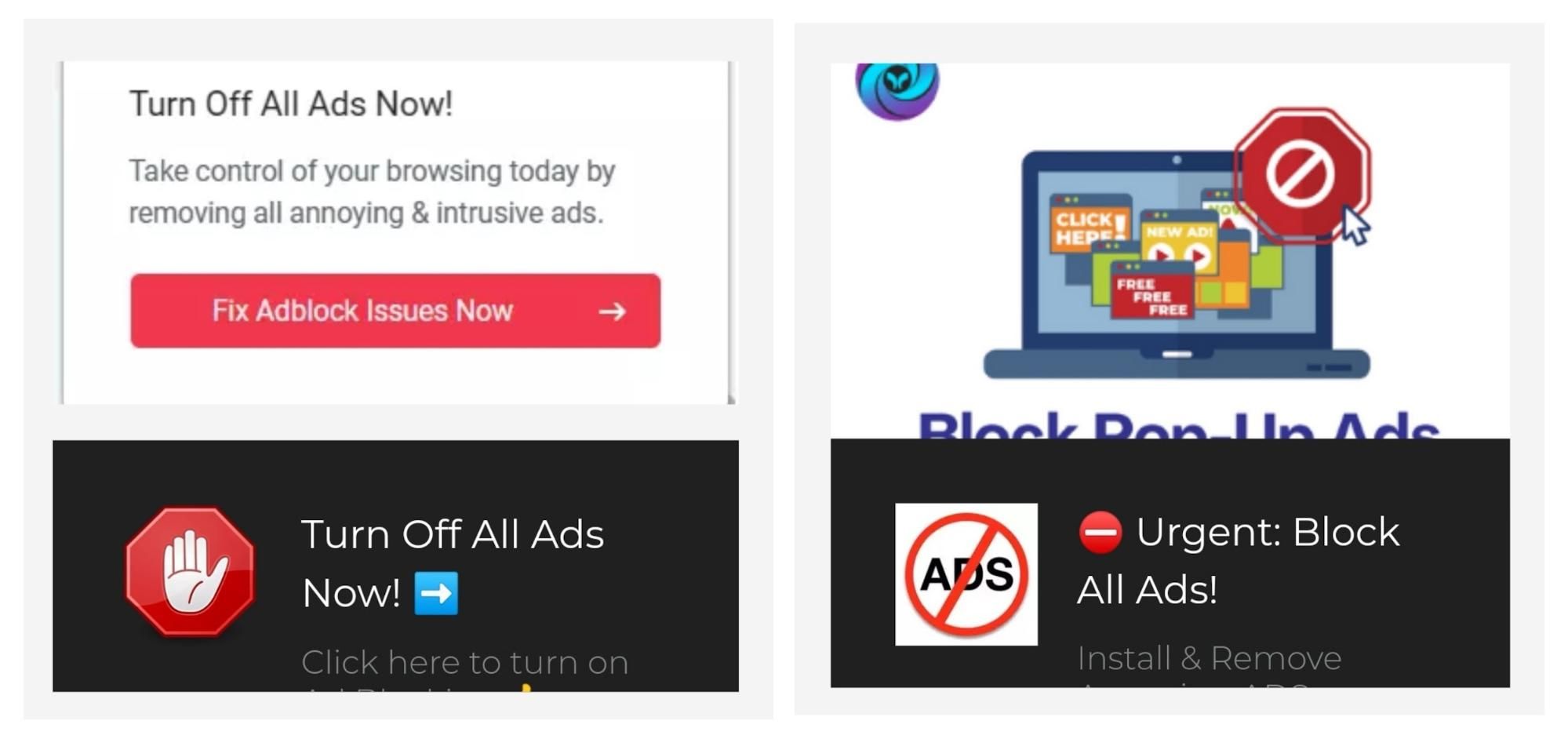
There are fewer Apple device users worldwide compared to Android users. However, in wealthier countries, the percentage of iOS devices is higher. This audience brings in higher payouts for affiliates. To target iOS users, affiliates use In-Page Push notifications to promote offers since regular push notifications don't work on iPhones.
Among iOS utilities, users most often choose antivirus software and VPNs.
Antivirus software subscriptions are cheap, but they help save money by protecting against scammers who frequently target people in developed countries. It's clear that the damage caused by cybercriminals is increasing and will continue to rise.
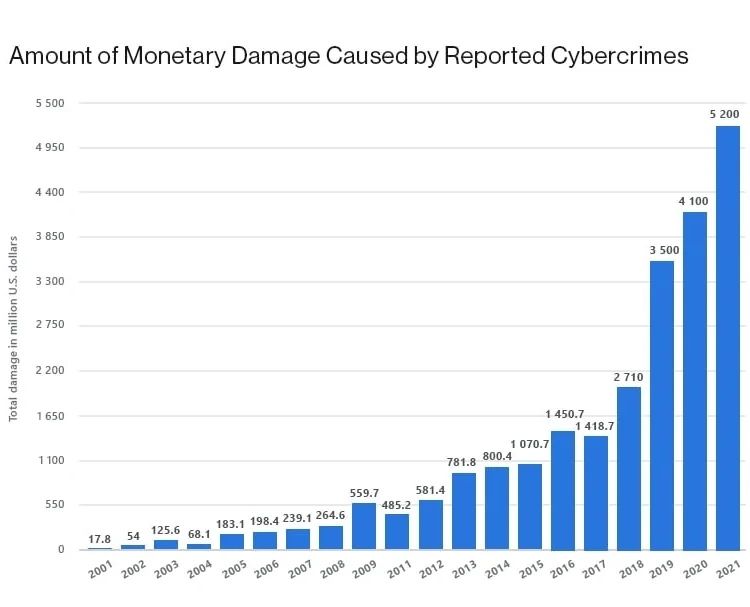
Geos: USA, UAE, Singapore, Canada, and Japan. These countries have high wages, making it easier to motivate people to protect their data and money.
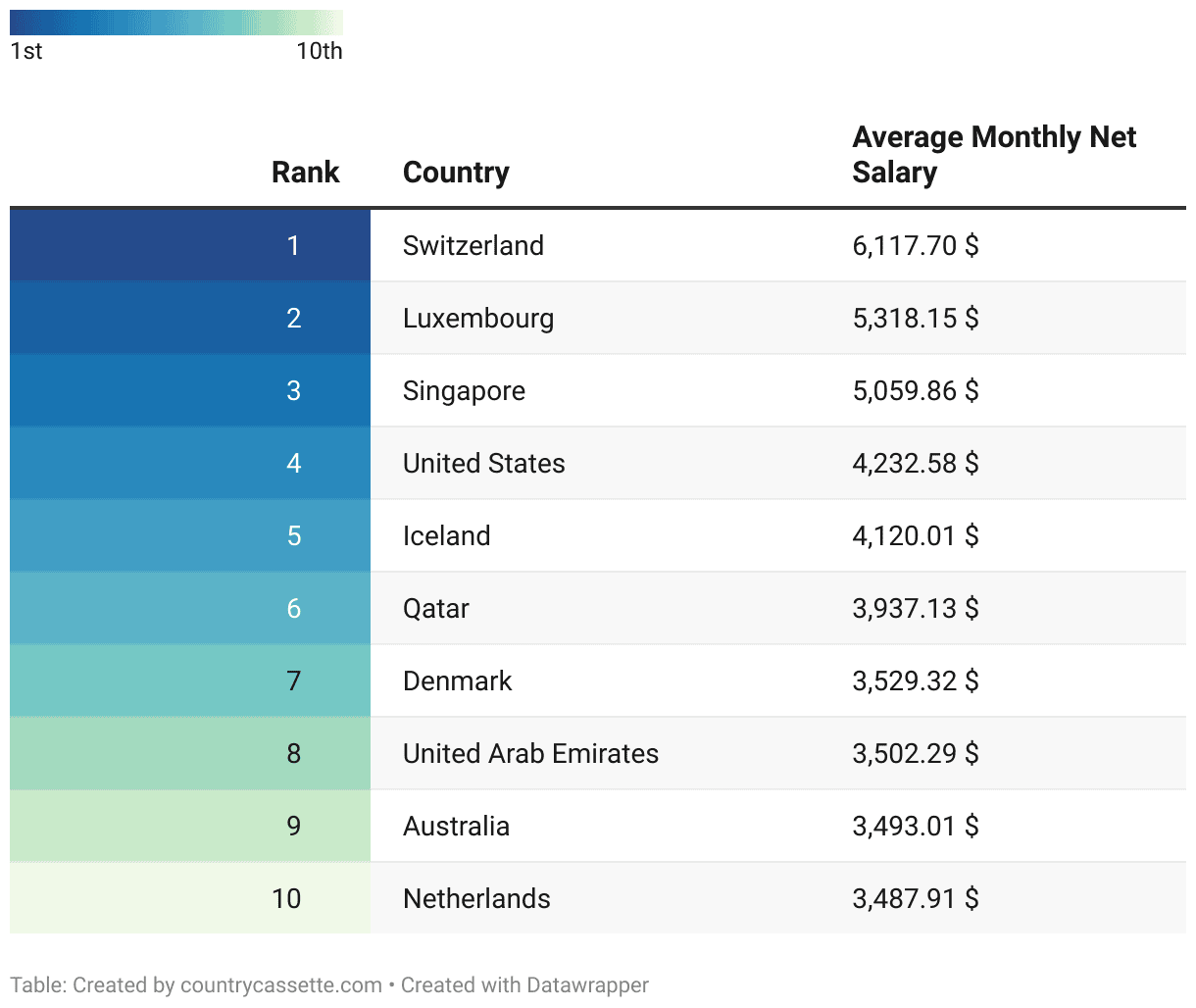
Promotional approaches: Affiliates often add icons to creatives that look like system icons in the iOS interface. Another popular tactic is to offer a quick solution to the problem, such as adding a CTA button to the push image.
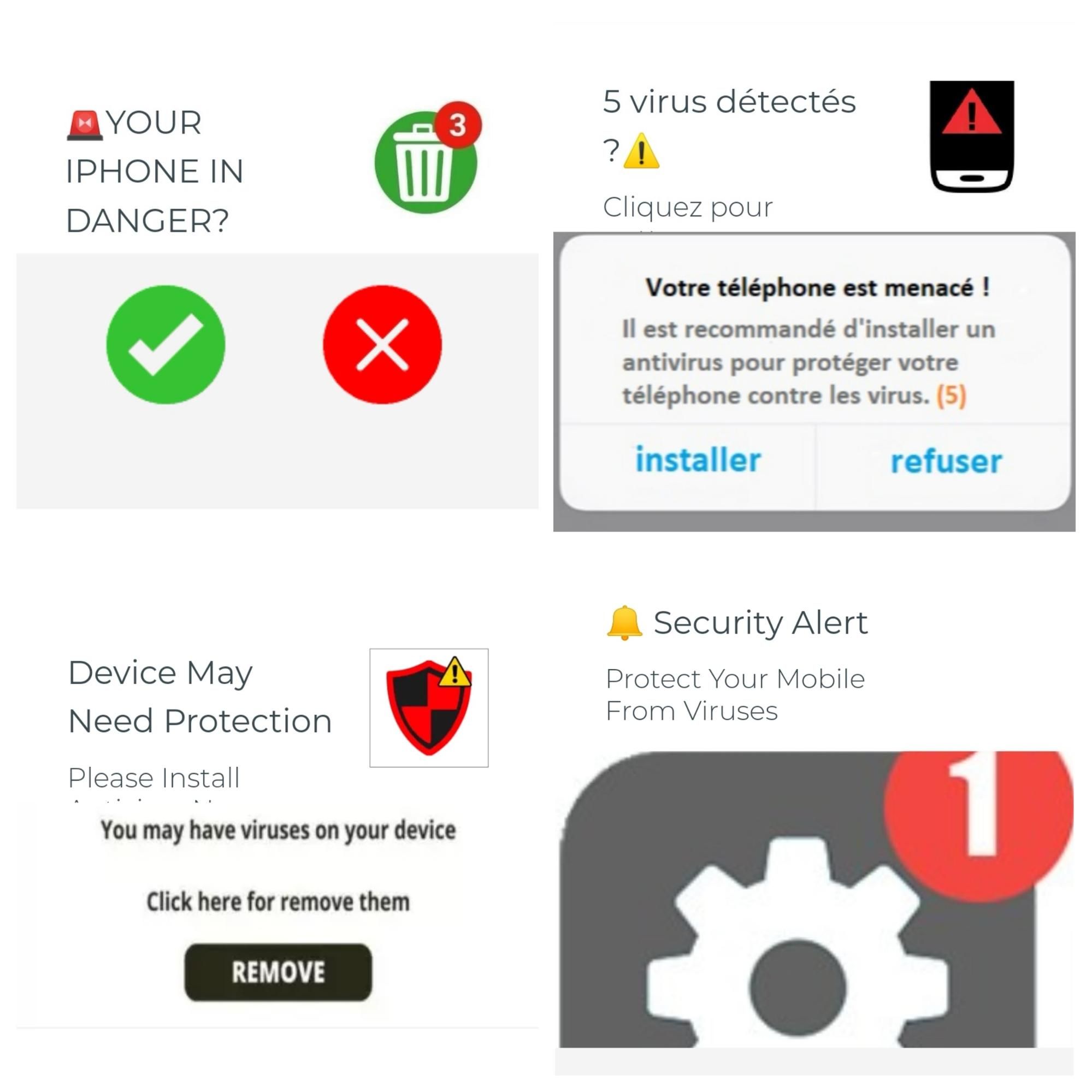
The main reason people use VPNs in wealthy countries is to protect their data. Therefore, affiliates can effectively promote these services in Tier-1 and Tier-2 countries, as VPNs are great for ensuring privacy.
Geos: Japan, USA. These regions have high competition and high payouts, up to $20 per install. Target these countries because they have a higher share of Apple products compared to other platforms.
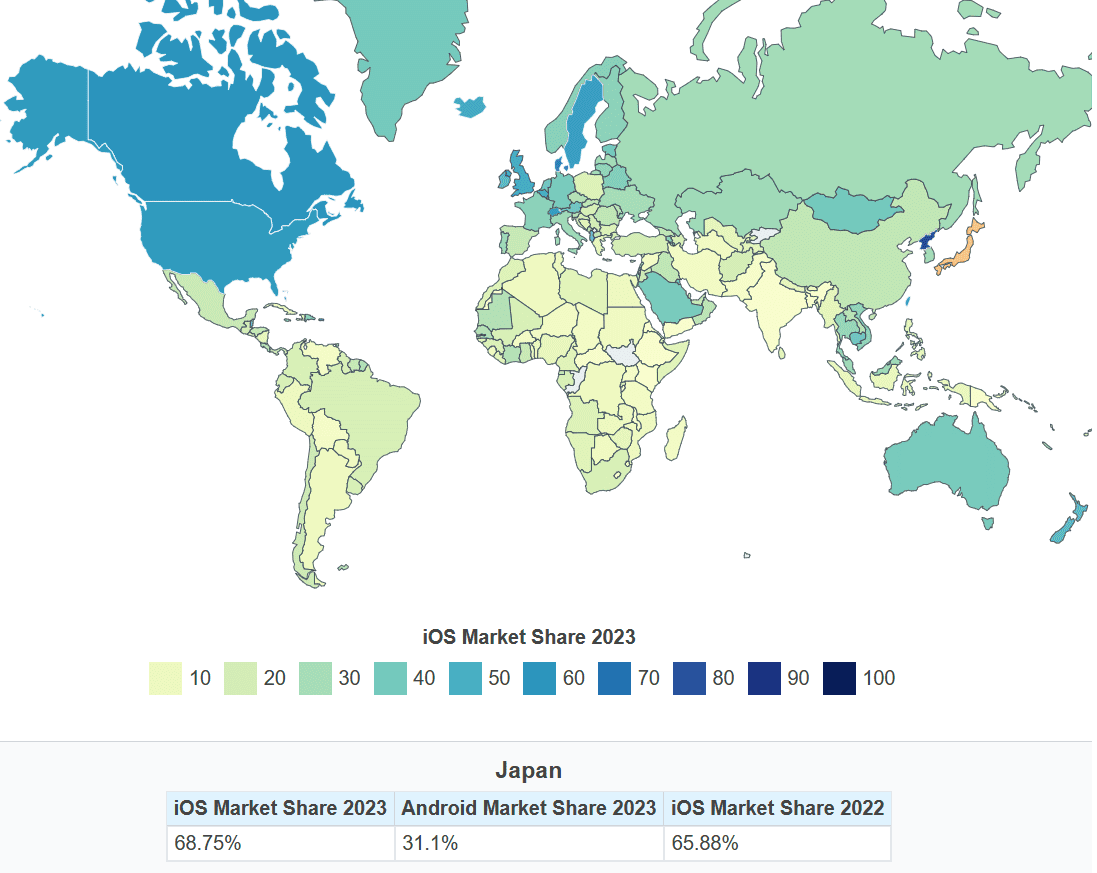
Targeting approaches: Create ads that quickly show the benefits of the offer. People in wealthier countries are bombarded with ads, so they only look at push notifications for 1-2 seconds before moving on if they don’t understand the product.
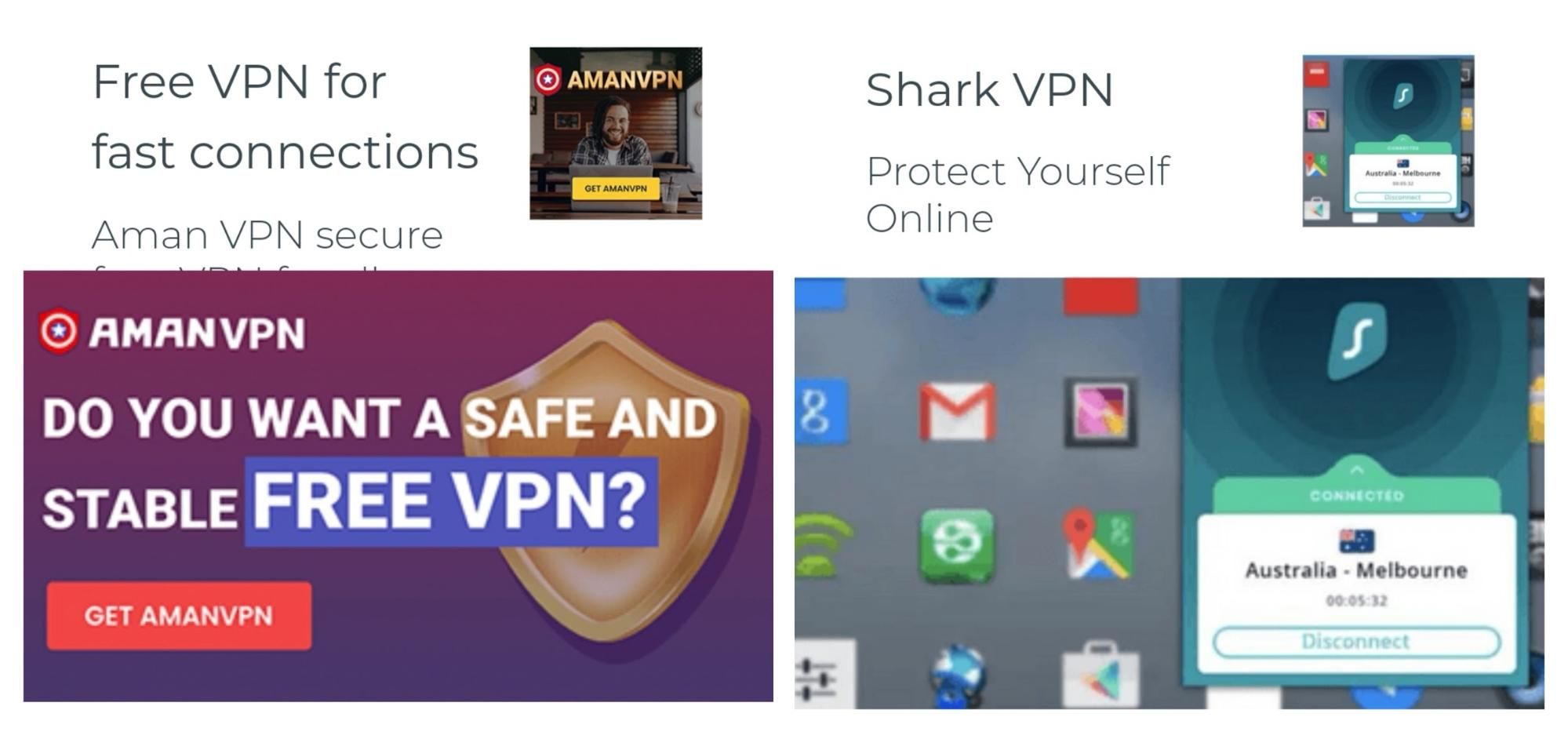
Ad creatives that highlight a specific reason for using a VPN in a particular country also convert well. For example, in Asian countries, ads that claim to offer access to Netflix work well, as people often download VPNs to watch TV series or anime.
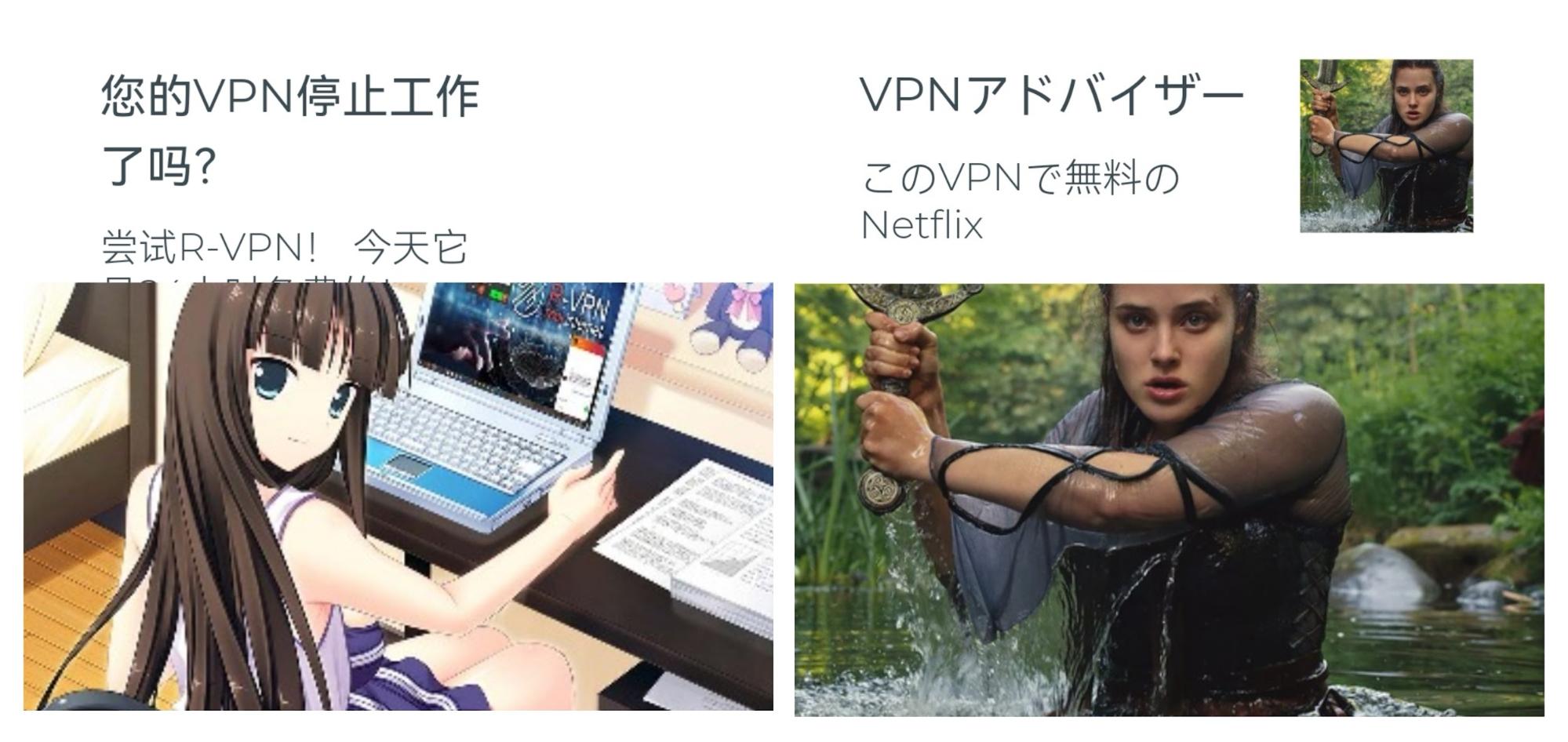
There are a few popular ways to get ad creatives:
If you're using Android or Apple logos, you need to modify them slightly, as they are protected by copyright. You can add horns to the Android mascot or change its color.
Experienced affiliates add specific symbols to their creatives to help users quickly understand the type of utility being promoted. Here are some examples:
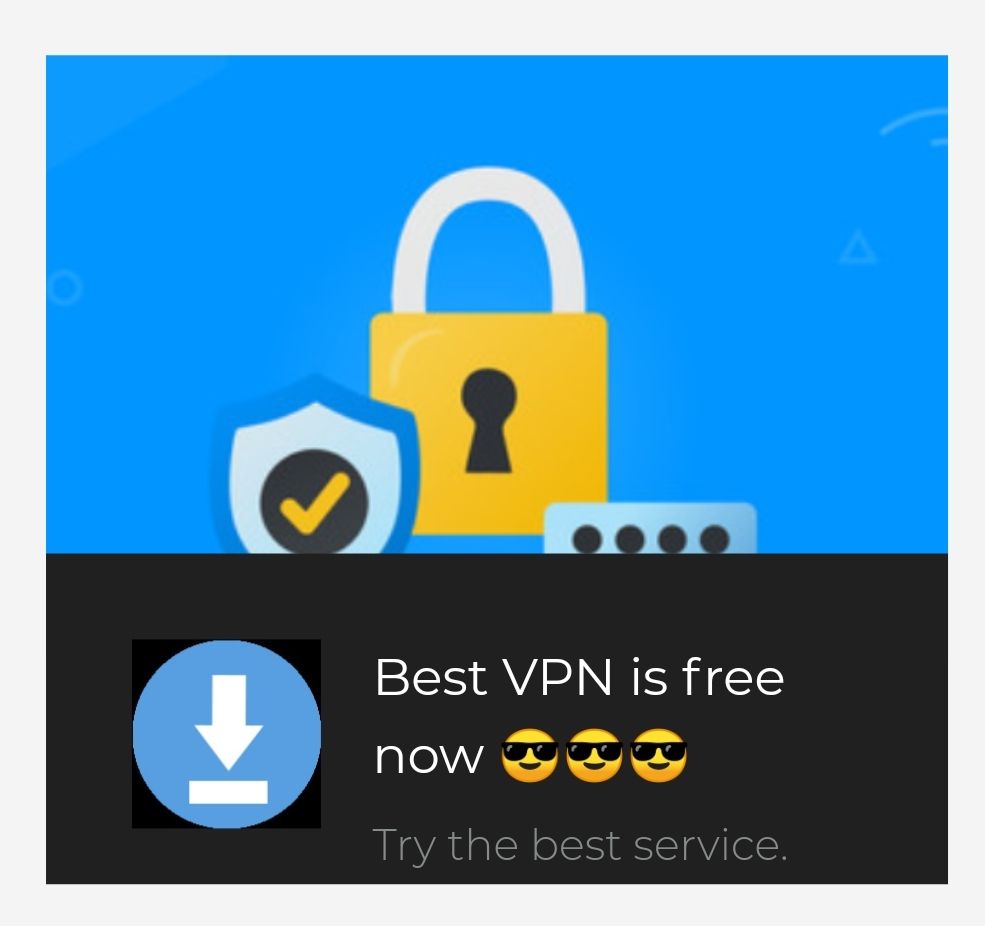
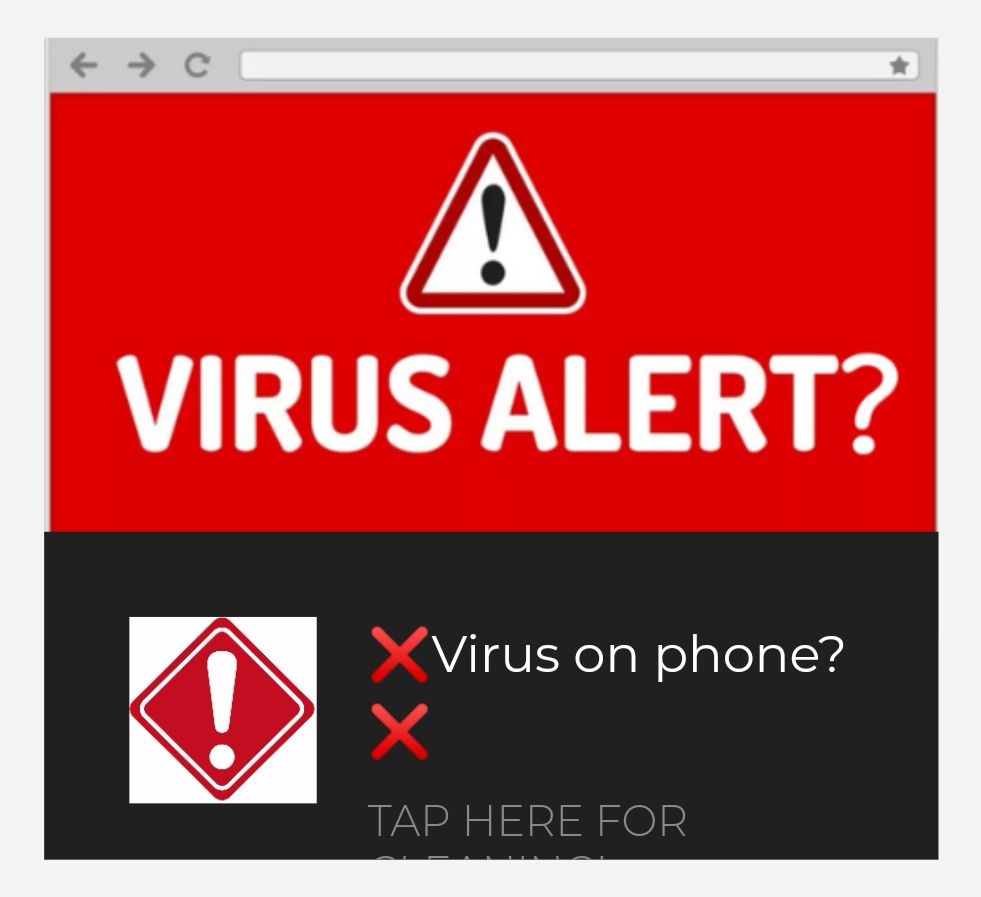
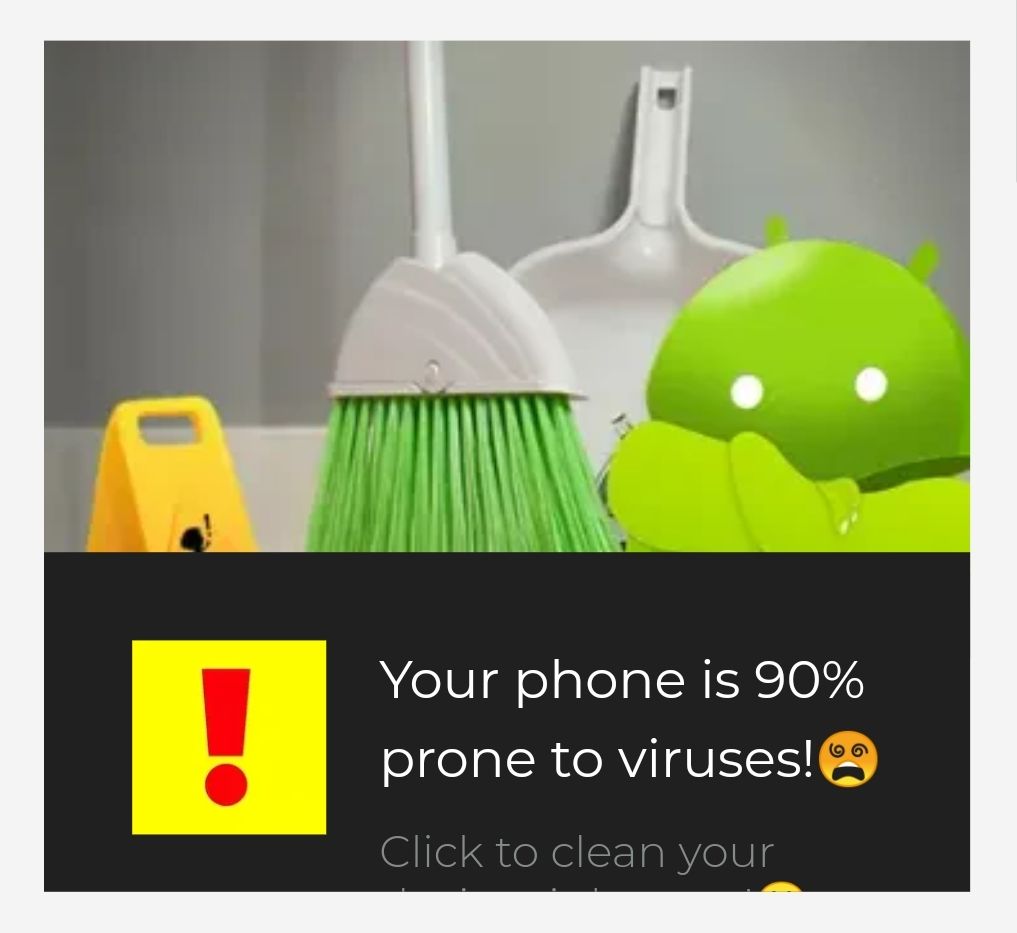
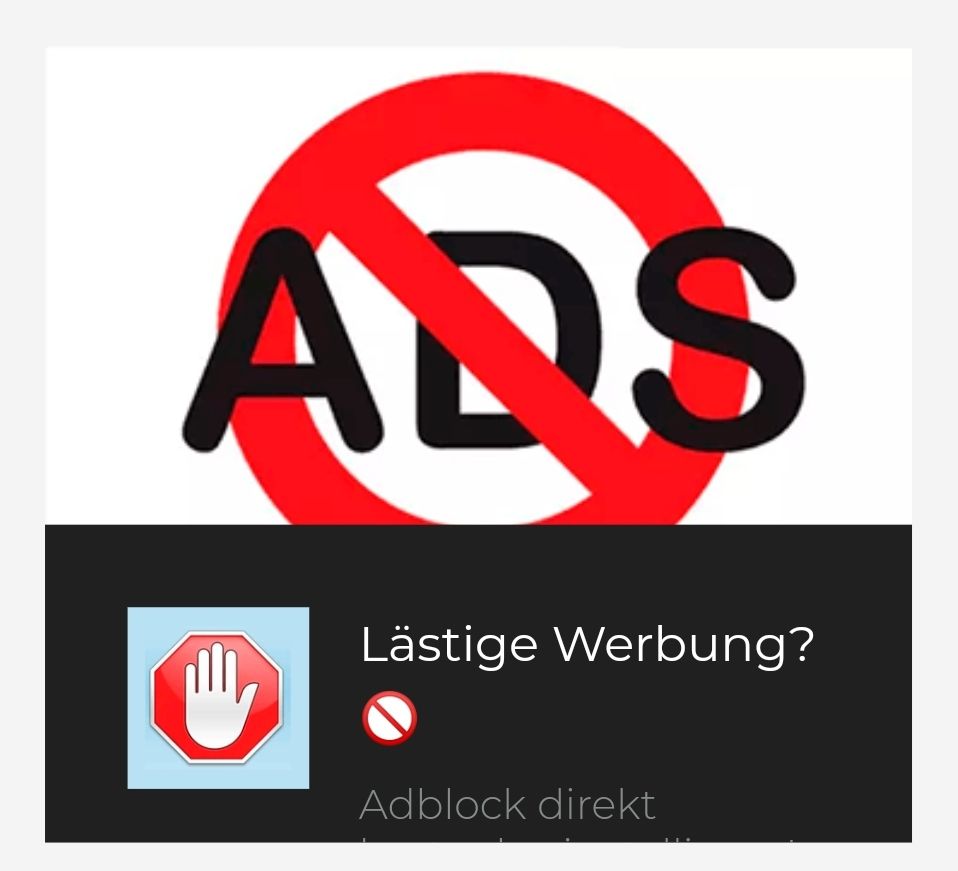
Some elements can't be directly included in the ad image, but you can add them as emojis in the ad text.
If you plan to use an aggressive approach, make sure to get your ad creatives approved by the advertiser or affiliate network. This will help you avoid issues with payments. At MyBid, a personal manager can help you choose the right ad creatives, saving you time to focus on more important tasks.
The utility niche is growing along with the mobile device market, so it's not going away anytime soon. Affiliates can continue to make a steady profit from it.